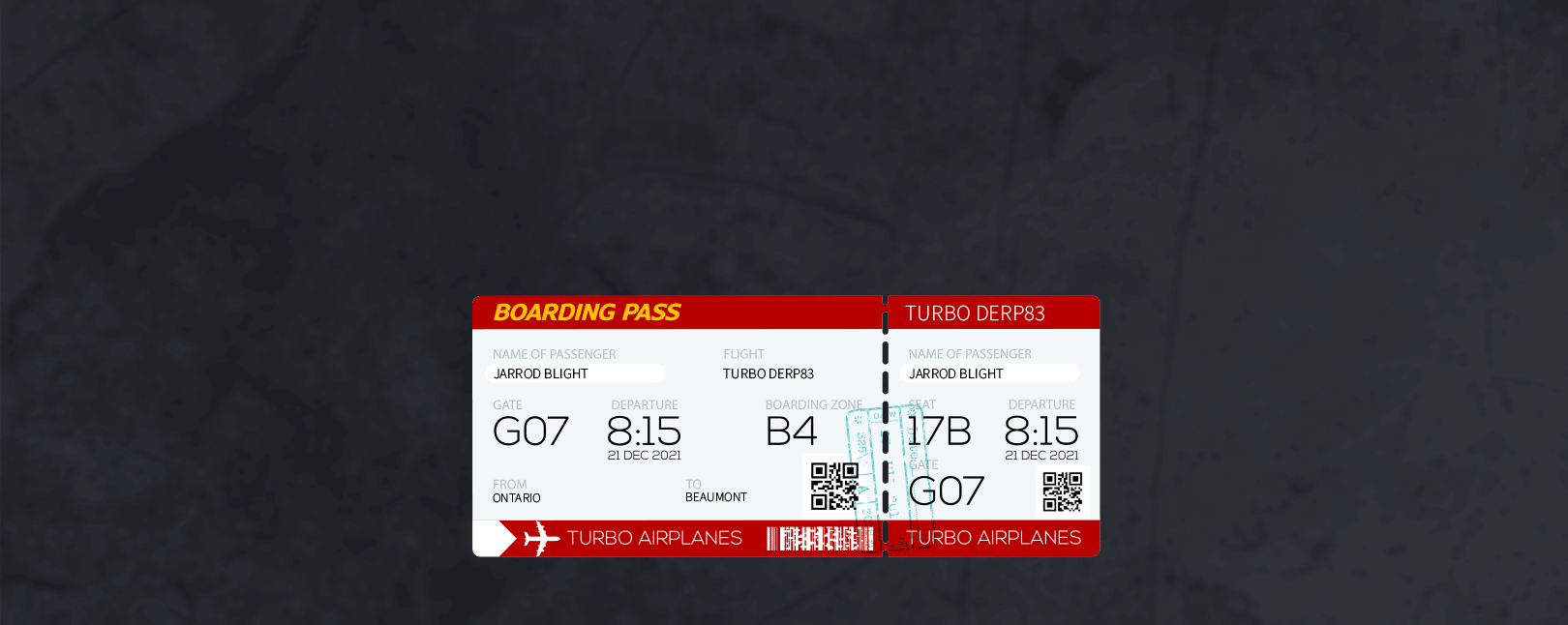Are Travelers Abusing Chargebacks to “Double-Dip” From Your Revenue?
In an increasingly interconnected world, even minor events can cause a ripple effect. Major global market disruption will have secondary and tertiary effects that resonate through the market for months and years afterward.
Travel companies around the world are feeling knock-on effects from the COVID-19 outbreak. We’ve written about the surge in chargeback activity for travel industry merchants in previous blog posts, as well as how other merchants are feeling the travel industry’s pain. There’s another important point we need to touch on, though, regarding travel industry threats.
Customers who engage in “double-dipping” through the chargeback process have been a problem for years. It’s not exclusive to the travel industry; customers frequently make online purchases, then secure a return and a chargeback on the same purchase. Buyers who abuse the chargeback process in this way, however, are especially problematic under the current circumstances.
How Double Refund Abuse Works
So, how do cardholders use this “double-dipping” method to siphon off your revenue?
In the situation described above, the customer will first request a refund for the purchase. Then, once you complete the refund, the buyer turns around and files a chargeback. This can happen for one of several reasons:
As the COVID-19 pandemic drags on, consumers are still finding themselves altering or outright canceling travel plans. This means there are a lot of cardholders looking for refunds, chargebacks…or in the case of deliberate fraud, both.
Eliminate Double Refunds Today.
Chargebacks911 are the industry’s leading experts in identifying and eliminating chargeback abuse. Give us a call and start saving today.

Should You Dispute EVERY Chargeback?
When it comes to handling this situation, some professionals suggest taking a radical approach. One law firm operating in the travel industry, for instance, recently suggested that travel industry merchants should dispute every chargeback that comes their way, saying “If you receive a chargeback request, one million percent dispute it. If you don’t, it will be raised against you. Dispute every one.”
Actually, that’s a bad idea.
Despite the risk posed by double refunds, automatically disputing every chargeback can create more problems than it solves. First, doing so would be extremely resource-intensive: the dispute process demands careful examination and compiling of transaction documents, which requires a significant amount of time.
It would also largely be a waste of those resources, as you’d be unlikely to win more than a handful of the cases you submit. Furthermore, disputing every chargeback that comes your way could have a significant negative impact on your reputation with consumers.
Remember: when you submit a representment, it means you explicitly contradict the cardholder’s claim—something that probably won’t make the cardholder happy. Buyers who have negative customer interactions are likely to share their experiences. The average American tells 15 people after having a poor customer service experience. Thus, you could end up making a bad situation even worse.
Rather than fighting every chargeback that comes your way, the best course of action is to take steps to prevent double refunds. Then, when an incident does occur, you address it accordingly.
Fight Double-Dipping by Optimizing Response
The best thing you can do to protect against double-dipping is to provide prompt refunds to customers when requested. Refunds aren't ideal, but in the question of chargeback vs. refund. . .the refund is clearly the better option. These payment reversals should be well-documented, and you should keep buyers in-the-loop about the process.
You want to set clear expectations for when the funds will be available and follow all proper protocols. For example, if the original charge was a credit transaction, be sure that the refund isn’t processed as a debit. You should also send buyers multiple notifications via email whenever there’s an update to their refund status to explain the situation in clear, plain terms.
What about after a customer files a chargeback, though? The key here is training customer service agents to identify warning signs and know when not to approve a refund.
To illustrate, let’s assume a customer calls your service line to demand a refund. The individual mentions they’ve already spoken to the issuing bank about the matter; while this isn’t confirmation that a chargeback is already underway, it’s a reliable indicator. Thus, you should try to examine the situation closely before approving any refund.
If your customer already contacted the bank, then we recommend contacting that issuer directly to find out if they assigned a case number to the transaction dispute. If so, you can disregard the refund request, because the bank has already initiated the chargeback process. If not, you can inform the bank that you’re issuing a refund. This will hopefully help you avoid the chargeback.
Using Chargeback Alerts to Prevent Double Refunds
Of course, it’s not very practical to suggest investigating each individual refund request on such a granular level, especially given the current pressure on time and resources resulting from the COVID-19 outbreak.
Chargeback alerts are a tool that could streamline this process and make it much easier to manage chargebacks and avoid issuing double refunds. Alerts work by employing a network of integrated financial institutions that intercept disputes prior to a chargeback issuance. The alert provider then notifies the merchant, who can refund the dispute and avoid a chargeback.
Alerts are among the most widely-used tools in chargeback management. They’re an effective stop-gap measure, stopping chargebacks that can’t be prevented through other proactive tactics.
We at Chargebacks911® are the industry’s most advanced chargeback alert providers. We offer the broadest coverage on the market, with a seamless, fast-track integration that can get clients up and running within 24 hours.
Coupled with Visa Order Insight support offered by Chargebacks911, you can take steps today to eliminate chargebacks and double refunds with guaranteed results. Click below and learn how much you can save.















